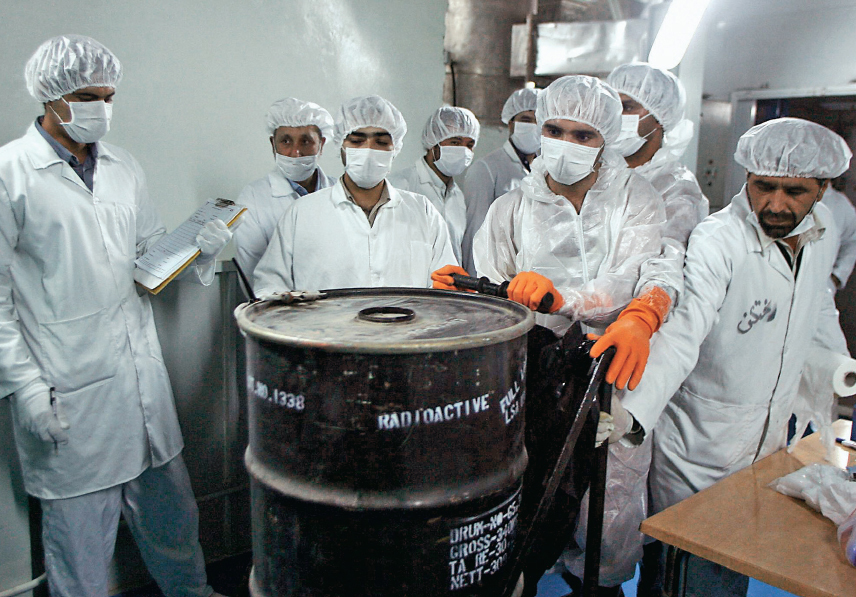Does the contemporary world reflect the “end of history”?
IIN 1989, AS THE BERLIN WALL FELL and the Soviet system disintegrated, a historian wrote a provocative article called “The End of History?” in which he argued that the collapse of the Soviet system meant the triumph of liberalism as a political and economic philosophy. The argument, and the essay’s title, begged an interesting question. Was liberalism the ultimate stage of human political and economic development?

Around the world at the turn of the twenty-
The tension between liberalism and activism is one example of the kinds of contradictory and competing pressures that shape the contemporary world. For instance, the earth’s growing population has increased demands for food production, prompting a revolution in agricultural sciences. Although new technologies have helped meet the world’s demand for food, the diversion of water resources and the expansion of farming at the expense of forests remind us that new technologies often bring unintended costs. Similarly, the end of the Cold War has been met not with peace but with regional conflicts around the world. And with the intensification of communications, increase in travel, and the spread of technology, capital and liberal ideology have been met with conservative, often religious reactions in different regions of the world. Increasingly, those reactions have had a global impact as militants pursue their causes in the United States and Europe.